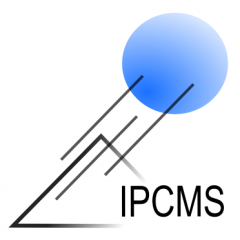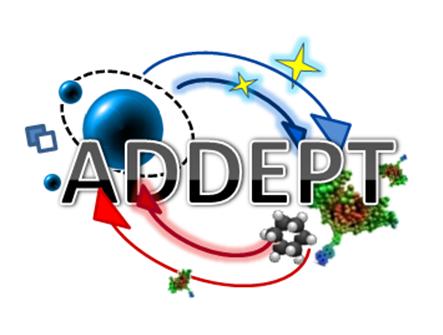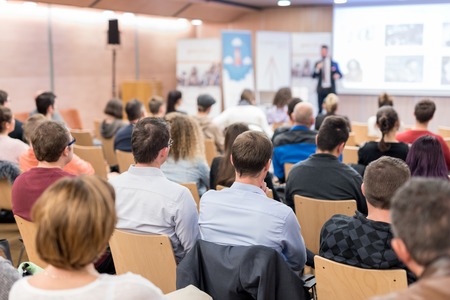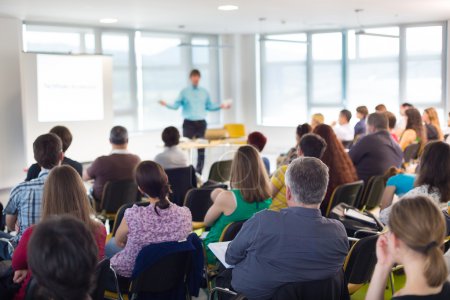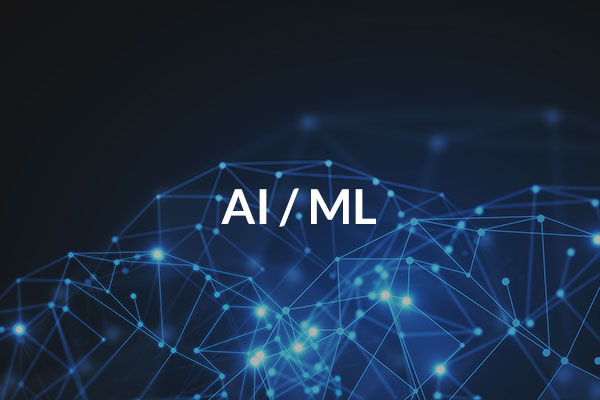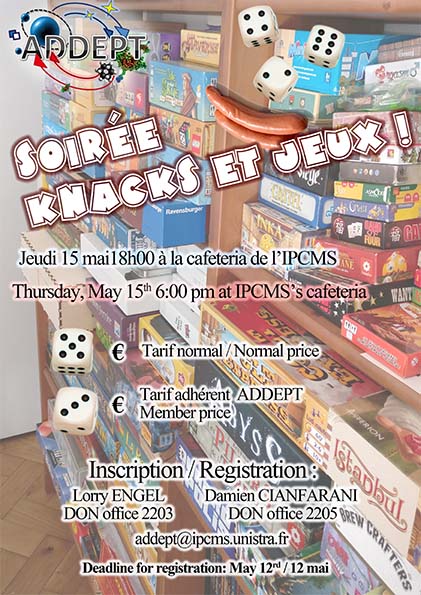12ème édition du tournoi de pétanque organisée par l’ADDEPT

PÉTANQUE: Une participation unique de 4 euros par personne sera demandée.
BARBECUE: Une participation de 8 euros par personne ou 6 euros par personne pour les possesseurs de la carte d’adhérent à l’ADDEPT sera demandée.
Le schéma habituel du tournoi est reconduit, puisqu’il permet au plus grand nombre d’entre vous d’y participer, de jouer le même nombre de matchs (6 matches au total), tout en conservant une durée raisonnable.
Nous débuterons le tournoi à 14h00, ce qui devrait nous permettre de terminer aux alentours de 19h00. Pour ceux qui en possèdent, il faudra apporter son jeu de boules. Et si des personnes qui ont plusieurs jeux peuvent les apporter, cela permettra de dépanner ceux qui n’en ont pas. Nous devrions avoir des jeux de prêt comme d’habitude, ce qui devrait permettre à tous les participants de pouvoir jouer.
vous pouvez venir vous inscrire pour le tournoi &/ou le barbecue à partir de lundi 16 Juin prochain, et jusqu’au vendredi 04 juillet dernier délai! Pour vous inscrire, rendez-vous auprès de Lorry ENGE (Bureau n°2203, DON) ou bien Christophe COUDER (Bureau n°0023, DMONS) ou encore Lou MOSSET (Bureau N°3001, DCMI). Des séances d’inscriptions se tiendront également à 10h la cafétéria le temps de la pause café!
Lors de votre inscription, vous devrez obligatoirement inscrire une équipe au complet (trio) avec paiement à l’inscription, ou alors renseigner “en recherche d’équipe”, mais votre inscription ne sera pas encore valide dans ce cas.
32 équipes au maximum pourront s’inscrire
